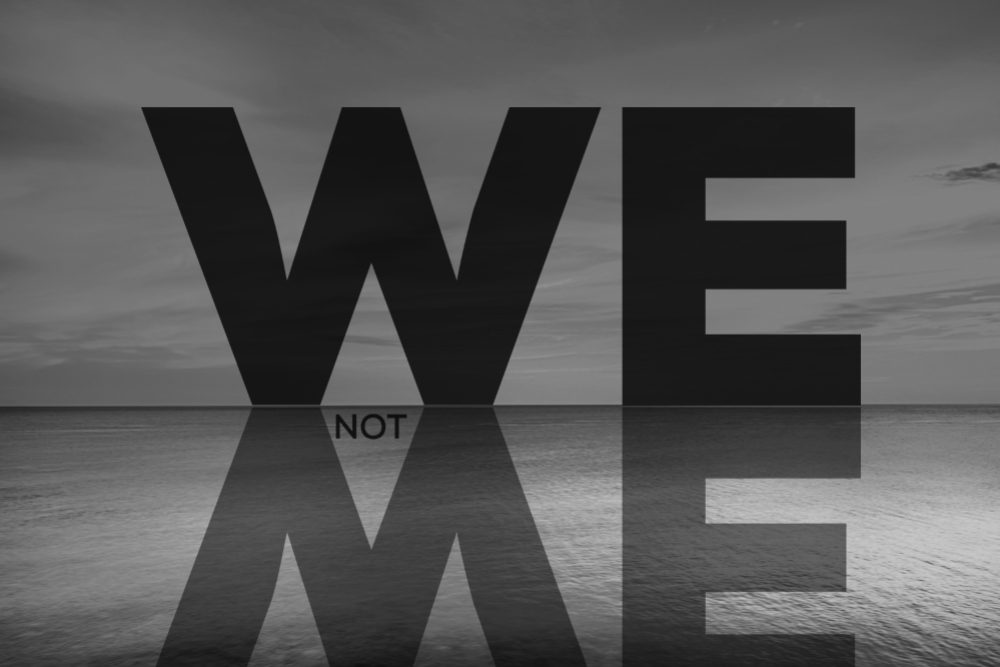I often think back on a presentation I heard years ago by Peter Atwater, a behavioral economist who was speaking to a group of CEOs.
Atwater studies personal preferences in areas such as books, music, architecture, and food, and compares them against social, political, financial and business activities to look for patterns. In his speech, Atwater warned that we were about to enter a highly “me-oriented” period in history where people would focus more on themselves and their own literal and figurative “backyard.”
Unfortunately, this “me-first” mindset had fully taken hold by the time we entered a global pandemic, where it has never been more essential to look beyond ourselves and consider how our actions impact others.
This past weekend, my son’s school organized a call for all student-athletes and their parents. The meeting was focused on saving the sports season, which is currently in jeopardy due to a COVID outbreak.
The school noted that the COVID outbreak that threatens the athletic season most likely did not start with in-school transmissions, but rather indoor parties and gatherings happening outside of school, in open defiance of both school and CDC policies. Sadly, these unadvised social events often happen with the knowledge, and even explicit approval, of parents, who are having a hard time saying no to their children during a challenging period.
In response to this, the coach leading the call shared his consistent team mantra of “we over me,” and explained both to kids and parents why this was more important than ever.
The coach acknowledged the difficulty of the situation, and recognized kids’ understandable desire to spend time with friends. He even shared that his own daughter had requested to go to a friend’s house the week before. But he also noted the repercussions of these decisions for others, particularly for seniors, who may never have another chance to play their sports. He asked the players to please make “we” and not “me” decisions so that the season could resume.
I can’t help but wonder if our kids are just taking cues from what they see from the adults in their lives, who often model this type of me-first behavior. We have struggled at times in the United States to balance our culture of individual freedom with the necessity to make personal choices and sacrifices that keep others out of harm’s way, or to consider the ramifications for those beyond ourselves. We haven’t been the best of role models on this front.
Think about some of the best leaders and employees with whom you have worked. They tend to be humble and selfless. They often credit others with success and take blame for failure. They focus and jump in to help on the most important priorities for the team, rather than on what’s best for them personally.
We can all bring more “we” to our families, organizations or teams. Here are a few ways:
- Cut back on your selfies! I can’t think of a behavior that better exemplifies “me” more than constant selfie-taking. We now take more pictures of ourselves than anything else and it’s destroying confidence and raising anxiety.
- Before you finalize a decision, or take an action, consider the potential negative impact on others.
- When you advocate for change, ask yourself if it benefits a larger group, or just your needs.
- Focus on team, family and organizational goals as much as individual ones.
- Reach out to help someone who is in a greater position of need than you.
I hope that my son can finish his basketball season. But what I really want most is for Atwater to be able to tell us that we are returning to a more collective awareness and mindset the next time I see him speak.
Quote of The Week
“It’s when you’re acting selflessly that you are at your bravest.”
– Veronica Roth









